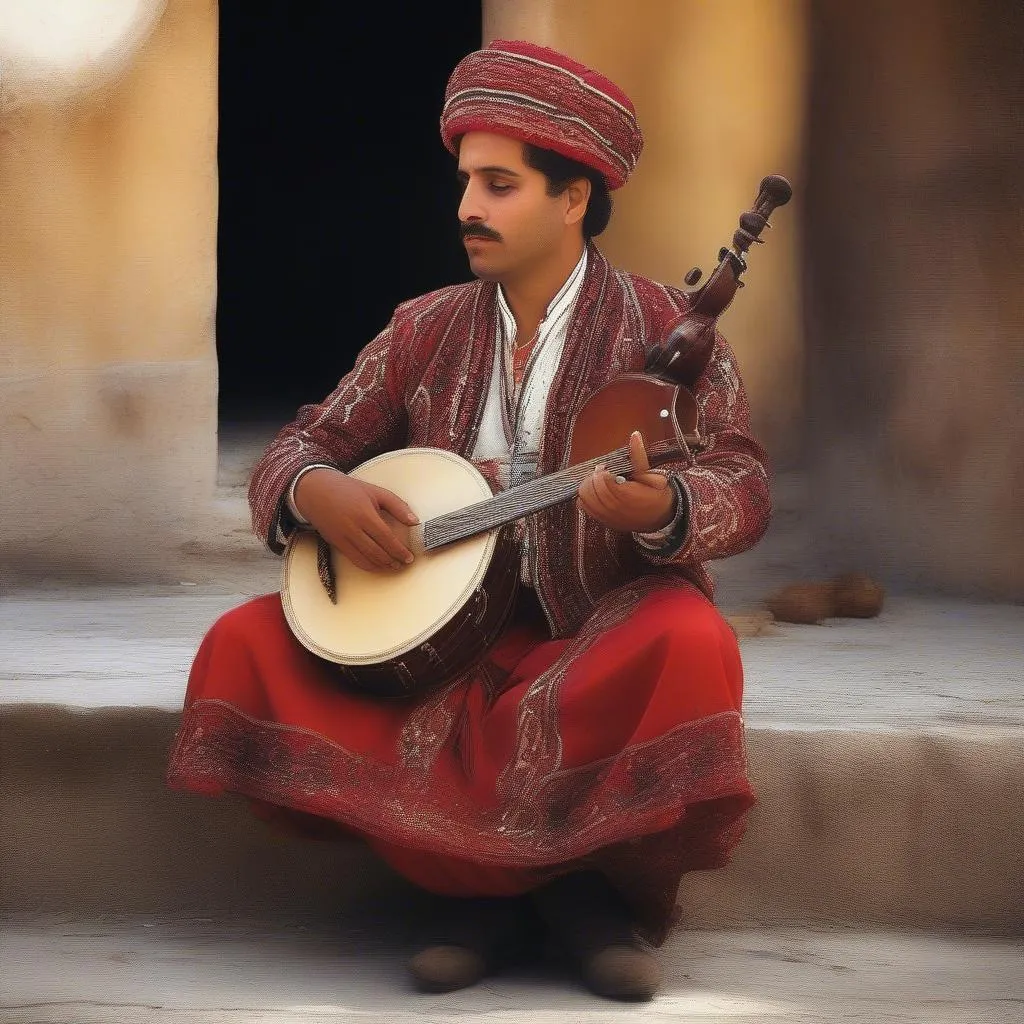Have you ever been captivated by stories of nomadic cultures, their vibrant traditions, and intriguing lifestyles? Perhaps you’ve heard the terms “Gypsy” and “Traveller” used interchangeably. While both evoke images of wanderlust and cultural richness, they are not the same. Today, we’ll delve into the distinctions, dispelling myths and fostering a deeper understanding of these unique communities.
Unraveling the Terms: Gypsies and Travellers
Understanding the difference begins with recognizing that “Gypsy” is an exonym, a name given by outsiders, while “Traveller” is an endonym, a term used by a group to identify themselves.
What does “Gypsy” mean?
The term “Gypsy” originates from a historical misconception. Europeans mistakenly believed that the Romani people, known for their nomadic lifestyle, originated from Egypt. Hence, the word “Gypsy” is a derivative of “Egyptian.”
It’s crucial to note that the term “Gypsy” is increasingly considered outdated and often carries negative connotations due to centuries of prejudice and discrimination. Many Romani individuals find the term offensive.
Who are Travellers?
“Travellers” is a broader term encompassing various groups who share a tradition of nomadism or a history of migration. This includes, but is not limited to:
- Irish Travellers: Known for their rich oral storytelling traditions and horse fairs, they have a distinct cultural heritage within Ireland and the UK.
- Scottish Travellers: Also known as “Highland Travellers”, they are recognized for their craftsmanship, particularly in tinsmithing.
- Romani people: Originating from the Indian subcontinent, Romani people are a diverse ethnic group with communities across Europe and the world.
 Irish Travellers at a Horse Fair
Irish Travellers at a Horse Fair
While some Romani individuals may identify as Travellers, it is essential to understand that not all Travellers are Romani.
Celebrating Diversity, Respecting Identity
The world of travel is enriched by the diverse cultures it encounters. Just as we respect different customs and traditions when exploring new lands, understanding the distinction between “Gypsies” and “Travellers” is about respecting individual identities.
 Romani Musician in Traditional Clothing
Romani Musician in Traditional Clothing
Travelling responsibly means embracing this diversity, engaging with sensitivity, and appreciating the unique heritage of each community. Whether you find yourself strolling through a bustling Irish market or captivated by Romani music in the heart of Europe, remember that respecting cultural identity is at the heart of enriching travel experiences.
